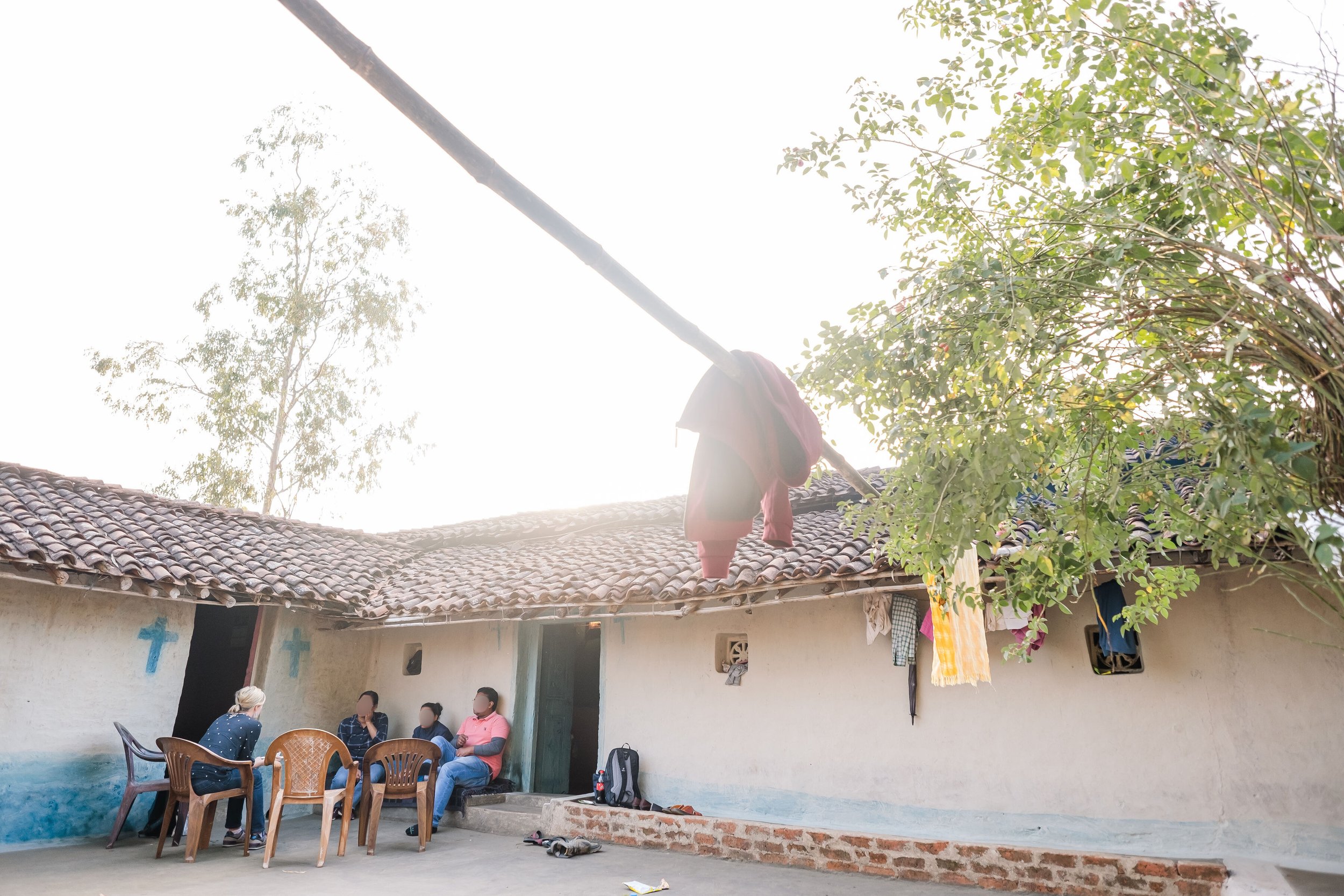
Introducing Hand in Hand, a global collaboration of courageous women.
We’re already 49% funded!
Help us launch
by donating today
Our approach
We connect Christian women from all around the world by building spaces for belonging, healing, and learning so that they find the courage, resilience, and healing they need to multiply God’s love. Our vision is a global collaborative of women who encourage, inspire, and empower one-another.
Against seemingly insurmountable odds,
women from marginalized communities worldwide are doing incredible work in the Kingdom; however, due to the contexts they find themselves in, they are often isolated and in need of encouragement, friendship, and healing from trauma.
But that’s not the whole story;
these women possess an incredible amount of wisdom, courage, and resilience that those of us from more resourced areas desperately need to grow stronger in our faith.
We inspire, encourage, and empower through
-

Storytelling you won't hear elsewhere
-

Virtual & In-Person Cross-Cultural Gatherings
-

Leader Care & Trauma Healing
-

Financial Sustainability Initiatives
Meet our team
-

Jennifer J, Founder
-

K, Co-Founder, South Asia Leader






